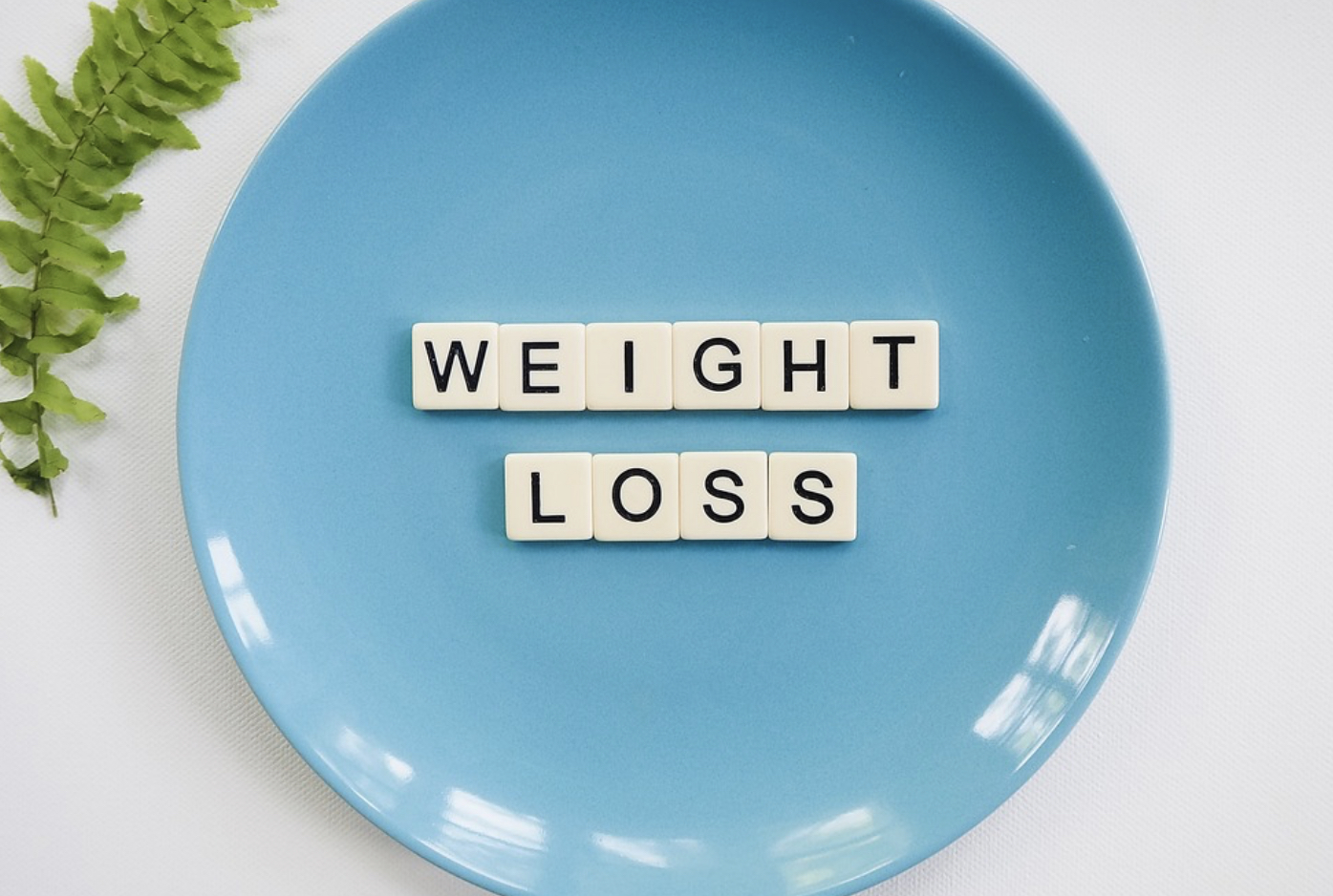
How much cycling to lose 1kg in a week?
To lose one kilogram of body weight, you need to create a calorie deficit of approximately 7,700 calories.
Cycling can be an effective way to create this deficit, as it is a high-intensity exercise that burns a significant amount of calories.
The number of calories burned during cycling depends on several factors, including your weight, the intensity and duration of your ride, and your cycling speed.
On average, a person weighing around 70 kg can burn around 400-500 calories during a 30-minute moderate-intensity cycling session.
Let’s look a little deeper to find out if this is possible for you.
How many km should I cycle a day to lose 1 kg?
The number of kilometers you should cycle per day to lose 1 kg depends on several factors, including your weight, fitness level, and diet.
However, as a rough estimate, you would need to cycle for approximately 40-50 kilometers per day at a moderate pace to burn enough calories to lose 1 kg in a week.
The number of calories burned during cycling depends on several factors, including your weight, the intensity and duration of your ride, and your cycling speed.
On average, a person weighing around 70 kg can burn around 400-500 calories during a 30-minute moderate-intensity cycling session.

To lose 1 kg in a week, you need to create a calorie deficit of approximately 7,700 calories.
This means that if you cycle for 40-50 kilometers per day at a moderate pace, you can burn around 500-600 calories per hour, which means you would need to cycle for around 2-3 hours per day to create the necessary calorie deficit.
However, it’s important to note that losing weight too quickly can be unhealthy and unsustainable in the long run. It’s recommended to aim for a gradual and sustainable weight loss of 0.5-1 kg per week through a combination of cycling and a healthy diet.
How much weight can you lose by cycling 1kg a week?
Cycling can be an effective way to lose weight, but the amount of weight you can lose by cycling 1 kg a week depends on several factors, including your starting weight, diet, and cycling intensity and duration.
As a rough estimate, to lose 1 kg per week through cycling, you would need to create a calorie deficit of approximately 7,700 calories per week. This could be achieved by burning an extra 1,100-1,200 calories per day through cycling, or by a combination of cycling and reducing your calorie intake through a healthy diet.
If you maintain this calorie deficit consistently over the course of a week, you can expect to lose approximately 1 kg of body weight. However, it’s important to note that weight loss is not always a linear process, and individual results may vary depending on factors such as age, gender, fitness level, and medical conditions.
It’s also important to aim for a gradual and sustainable weight loss of 0.5-1 kg per week, as losing weight too quickly can be unhealthy and unsustainable in the long run.

How much weight can you lose by cycling in a week?
The amount of weight you can lose by cycling in a week depends on several factors, including your starting weight, diet, and cycling intensity and duration.
- As a rough estimate, to lose one pound (0.45 kg) of body weight per week, you need to create a calorie deficit of approximately 3,500 calories per week. Cycling can help you create this calorie deficit by burning extra calories.
- On average, a person weighing around 70 kg can burn around 400-500 calories during a 30-minute moderate-intensity cycling session. This means that if you cycle for one hour per day, five days a week, you can burn an extra 2,000-2,500 calories per week.
- If you maintain a calorie deficit of 3,500 calories per week, you can expect to lose approximately one pound (0.45 kg) of body weight per week through cycling, assuming that you are not compensating for the extra calories burned by consuming more food or reducing your physical activity level.
How realistic is it to lose 1kg a week?
Losing 1 kg of body weight per week is generally considered a realistic and achievable weight loss goal for most people, as long as it is done in a healthy and sustainable way.
However, the amount of weight loss that is safe and realistic for an individual depends on several factors, including their starting weight, age, gender, fitness level, and medical conditions.
A healthy rate of weight loss is generally considered to be 0.5-1 kg per week. Losing weight at a slower rate can help ensure that the weight loss is sustainable and that you are not losing muscle mass.
Rapid weight loss, on the other hand, can lead to muscle loss, nutrient deficiencies, and other health problems.
To achieve a weight loss of 1 kg per week, you need to create a calorie deficit of approximately 7,700 calories per week, which can be achieved through a combination of diet and exercise.
However, it’s important to aim for a gradual and sustainable weight loss, rather than trying to lose weight too quickly. A gradual weight loss is more likely to be maintained over the long term, leading to better health outcomes.

In addition to cycling, it’s important to also focus on a healthy and balanced diet to support your weight loss goals.
To achieve a weight loss of 1 kg per week, you need to create a calorie deficit of approximately 7,700 calories per week, which can be achieved through a combination of diet and exercise.
However, it’s important to aim for a gradual and sustainable weight loss, rather than trying to lose weight too quickly. A gradual weight loss is more likely to be maintained over the long term, leading to better health outcomes.
“Cyclists see considerably more of this beautiful world than any other class of citizens. A good bicycle, well applied, will cure most ills this flesh is heir to” – Dr K.K. Doty




